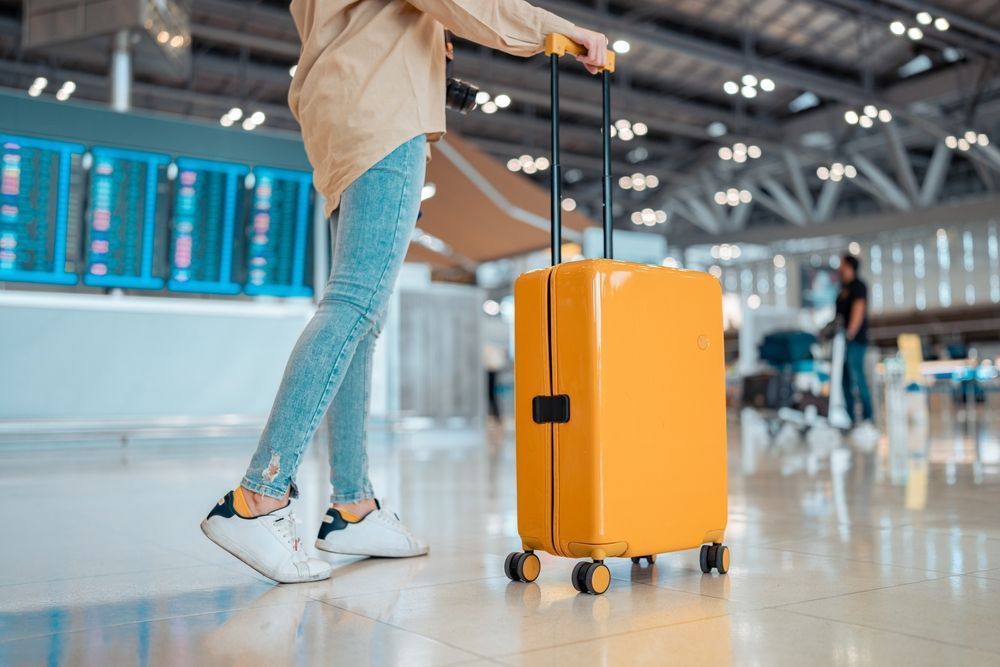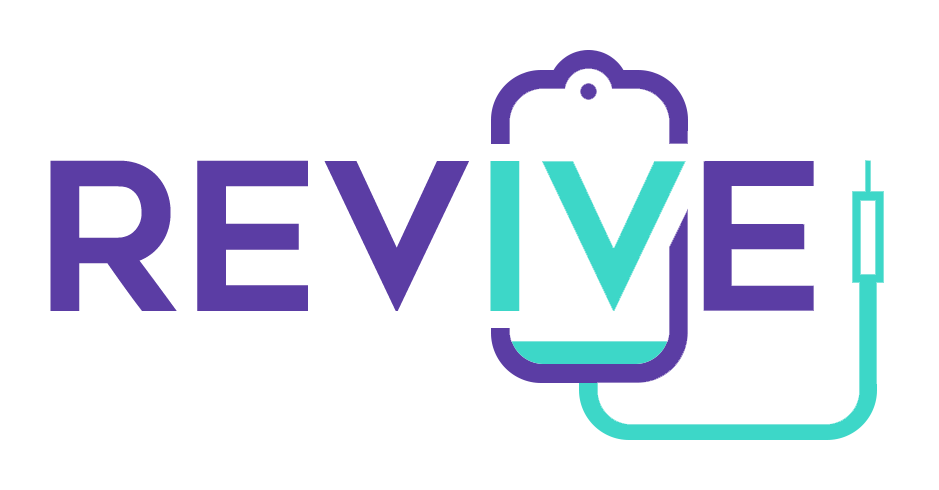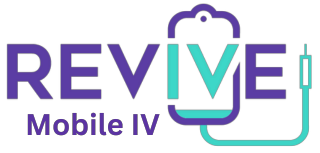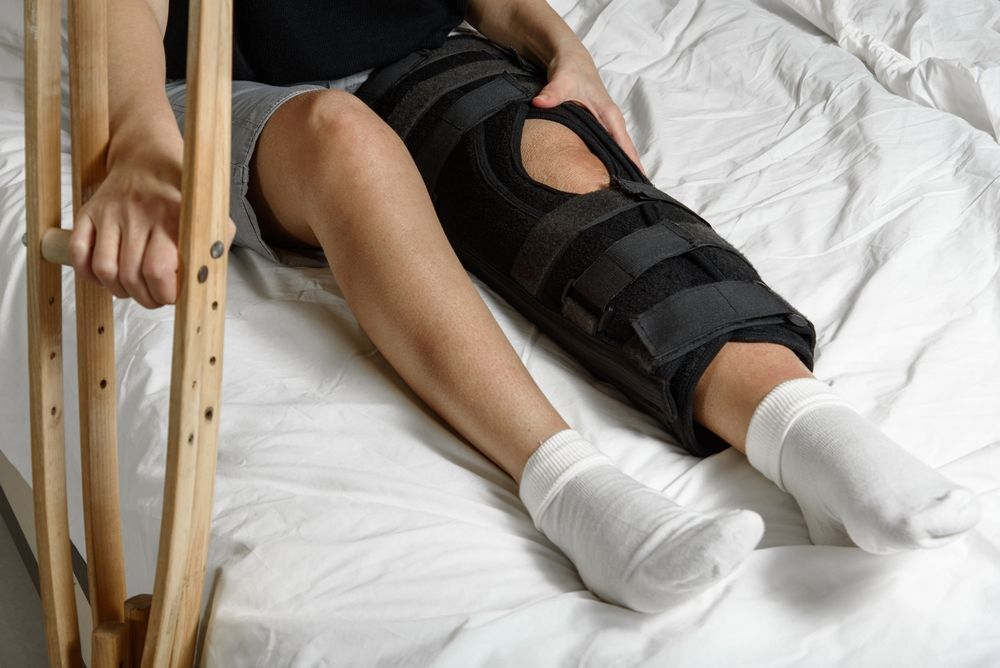Questions? click here to call
IV Hydration for Travelers: Stay Healthy During Your Visit
IV Hydration for Travelers: Stay Healthy During Your Visit

Traveling can be an exciting way to explore new cultures and perspectives, but it also poses unique challenges to our health and well-being. One frequently overlooked aspect is hydration. In this article, we will explore the role of IV hydration in keeping you healthy during your travels.
Understanding IV Hydration
What is IV Hydration?
IV hydration involves the administration of fluids directly into your bloodstream through an intravenous (IV) line. This method allows for immediate absorption, bypassing the digestive system, which can be particularly beneficial in situations where rapid rehydration is needed.
The fluids used typically contain a balanced combination of water, electrolytes, and sometimes vitamins or medications. It is designed to ensure that your body gets the necessary nutrients and hydration efficiently.
Benefits of IV Hydration
Travelers can reap a myriad of benefits from IV hydration. Some of the most notable advantages include:
- Quick rehydration: IV hydration can hydrate you faster than drinking fluids alone.
- Electrolyte balance: It can restore the balance of essential minerals in your body, particularly after a long flight or extensive physical activities.
- Reduced symptoms of illness: It may alleviate symptoms related to dehydration, such as headaches, fatigue, and dizziness.
- Convenience: Available in clinics or even through mobile services, IV hydration can be easily accessed during your travels.
How Does IV Hydration Work?
IV hydration works by delivering fluids and nutrients directly into your bloodstream through a small catheter. This method is particularly effective because it allows your body to absorb the necessary hydration and nutrients much faster than if you were to consume them orally.
During an IV session, a trained professional will insert a needle into a vein, usually in your arm, and connect it to an IV drip. The session typically lasts anywhere from 30 minutes to an hour, depending on your hydration needs.
The Importance of Hydration While Traveling
Effects of Dehydration on Travelers
Dehydration can have a significant impact on travelers, leading to a range of symptoms that can affect your travel experience. Common effects include:
- Fatigue and lethargy: Dehydration can sap your energy levels and leave you feeling tired.
- Impaired cognitive function: Lack of water can lead to difficulties in concentration and decision-making.
- Physical discomfort: Travelers may experience dry skin, headaches, and digestive issues due to dehydration.
Hydration and Jet Lag
Jet lag is a common ailment for travelers crossing multiple time zones. A significant factor in its severity can be dehydration caused by long hours on a plane. Altering your body’s circadian rhythm can leave you feeling out of sorts, and staying hydrated during flights can help mitigate this.
Opting for IV hydration before or after a long journey could provide you with the extra boost needed to combat jet lag. The replenishment of fluids and electrolytes can help reset your body more quickly to the new time zone.
Maintaining Hydration in Different Climates
Traveling often means experiencing various climates, whether it’s the dry heat of a desert or the humidity of a tropical location. Both extremes can lead to dehydration if your body is not adequately prepared.
For instance, hot and dry environments can increase your need for fluids, while humidity might lead you to sweat excessively. Understanding the climate and adjusting your hydration strategy accordingly is crucial. Consider incorporating IV hydration to ensure your body is well-equipped regardless of where your travels take you.
IV Hydration vs. Oral Hydration
Efficiency of IV Hydration
When comparing IV hydration to oral hydration, one of the most significant advantages is efficiency. With IV hydration, fluids are directly supplied to the bloodstream, resulting in quick results. This can be especially beneficial for travelers who may be feeling unwell or dehydrated and need immediate relief.
Oral hydration, on the other hand, requires time for your body to process and absorb the fluids, which may not be as effective in urgent situations.
Comparing the Nutrient Absorption
The way your body absorbs nutrients from IV hydration is markedly different from oral methods. IV hydration allows for complete absorption of fluids and electrolytes, while oral hydration can lead to varying absorption rates depending on factors like digestion and your individual gastrointestinal health.
This distinction is particularly crucial for travelers in need of immediate rehydration and nutrient replenishment, as could be the case after exercising or following a long journey.
Safety and Risks of Both Methods
While both methods of hydration are generally safe, there are some risks involved with IV hydration that should be considered. The insertion of a needle into a vein carries a small risk of infection, bruising, or irritation at the insertion site.
Oral hydration, while safer overall, may not provide adequate support in cases of severe dehydration or for individuals with specific medical conditions. Consulting with a healthcare professional can help you determine the most suitable option for your hydration needs.
IV Hydration Services for Travelers
What to Expect from an IV Hydration Session
When you arrive for an IV hydration session, you can expect a comfortable setting where a healthcare professional will assess your hydration needs. You will be asked about your symptoms and the activities you have engaged in during your travels.
Afterward, they will prepare the IV solution tailored to your requirements and guide you through the procedure. Most people find the experience to be relaxing, often feeling a sense of rejuvenation as the fluids are infused.
Finding IV Hydration Services Abroad
Finding reputable IV hydration services while traveling can be straightforward. Major cities often host clinics specializing in wellness services, including IV therapies. You can search online for local services or consult your accommodation's concierge for recommendations.
It’s always advisable to check reviews and ensure the facility maintains strict hygiene standards for your safety.
Costs and Insurance Coverage
The cost of IV hydration services can vary widely based on location and the specific services offered. Generally, prices range from $100 to $500 per session, depending on the type of fluids administered and any additional vitamins or medications included.
Before booking your session, check if your health insurance plan offers coverage for IV hydration treatments, as some policies may reimburse part of the expenses. It’s also good to inquire about payment options and package deals, especially if you plan on multiple sessions.
In conclusion, ensuring proper hydration during travel is essential. IV hydration can serve as an effective option for maintaining your health and vitality, allowing you to enjoy your adventures to the fullest.











